Home>Garden Essentials>What Are Poppy Seed
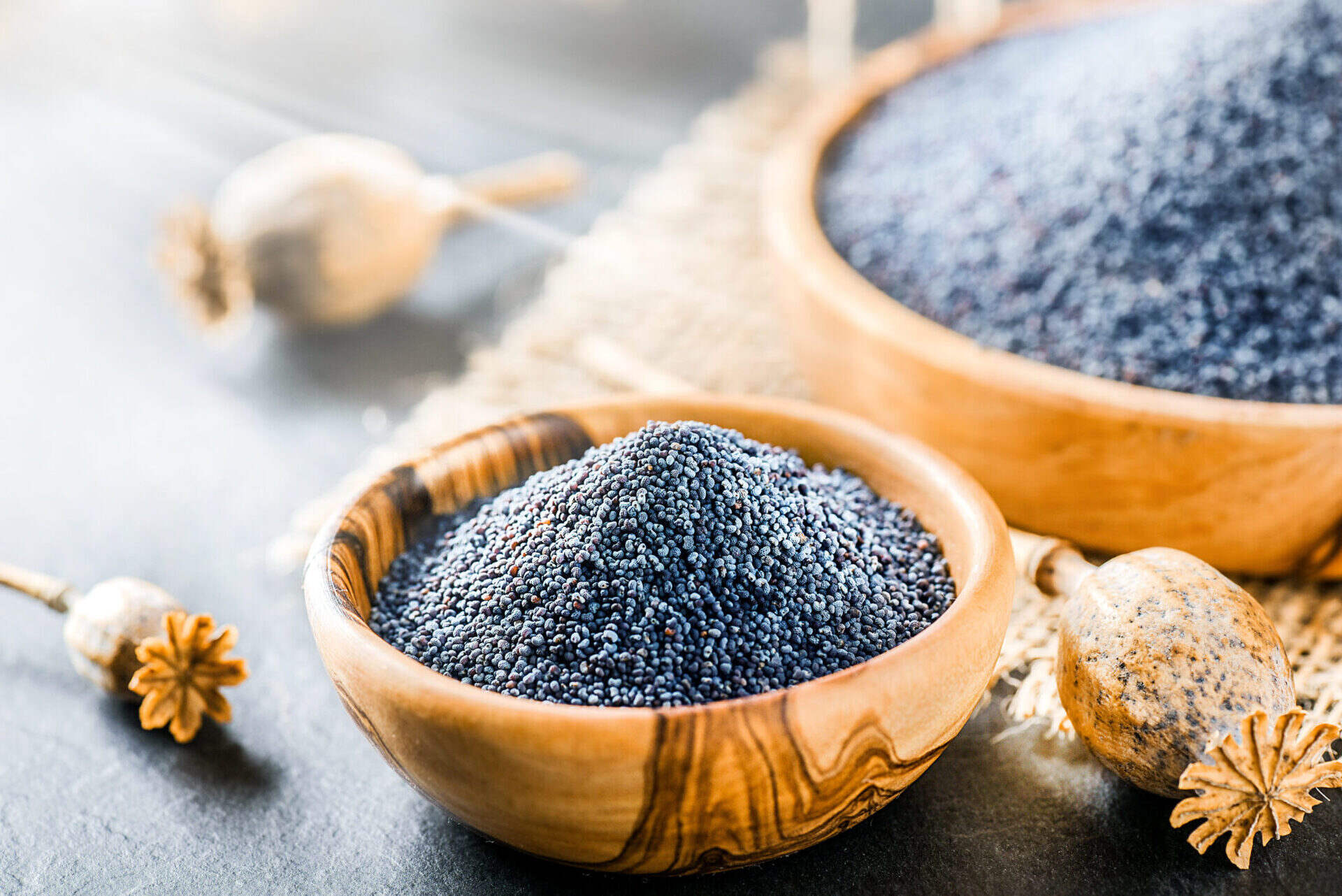

Garden Essentials
What Are Poppy Seed
Modified: August 17, 2024
Find out what poppy seeds are and how to grow them in your garden. Discover the benefits of adding poppy seeds to your outdoor space.
(Many of the links in this article redirect to a specific reviewed product. Your purchase of these products through affiliate links helps to generate commission for Storables.com, at no extra cost. Learn more)
Introduction
Welcome to the fascinating world of poppy seeds! These tiny, versatile little kernels are packed with flavor, texture, and a rich history. Whether you’re a gardening enthusiast, a culinary adventurer, or simply curious about exploring new ingredients, this article will take you on a journey to discover all that poppy seeds have to offer.
Poppy seeds are derived from the opium poppy plant, scientifically known as Papaver somniferum. These seeds have been used for centuries in various cultures around the world and are prized for their unique characteristics, including their nutty taste and crunchy texture.
Throughout history, poppy seeds have played a significant role in both traditional medicine and gastronomy. They have been used in baked goods, savory dishes, and even as a base for cooking oils. With their versatility and distinct flavor, poppy seeds have become a staple ingredient in many cuisines.
In this article, we will delve into the fascinating history of poppy seeds, explore their cultivation process, discuss their nutritional profile, uncover their culinary uses, and examine their medicinal properties. We will also explore the potential health benefits and possible risks associated with consuming poppy seeds. Lastly, we’ll take a look at their cultural significance and symbolism in different parts of the world.
Whether you’re interested in growing your own poppy plants, incorporating poppy seeds into your recipes, or simply expanding your knowledge about this unique ingredient, this article will provide you with a comprehensive understanding of poppy seeds.
So, sit back, relax, and get ready to embark on a journey into the captivating world of poppy seeds. Let’s dive in!
Key Takeaways:
- Poppy seeds offer a rich history, diverse culinary uses, and potential health benefits, but should be enjoyed in moderation due to potential risks and side effects. They also hold cultural significance in various traditions worldwide.
- From their cultivation to their symbolic meanings, poppy seeds provide a delightful journey into flavor, nutrition, and cultural practices. Embrace their unique characteristics while being mindful of potential risks and enjoying them in moderation.
Read more: What Are Poppy Seeds
History of Poppy Seeds
The history of poppy seeds dates back thousands of years, with evidence of their cultivation and use found in ancient civilizations across the globe.
Poppy seeds were first cultivated in the Mediterranean region, particularly in ancient Mesopotamia (present-day Iraq) and Egypt. The opium poppy plant, from which the seeds are derived, was highly valued for its medicinal properties and played a prominent role in ancient Egyptian and Sumerian civilizations.
Throughout history, poppy seeds were not only valued for their culinary uses but also for their medicinal properties. In ancient Greece, renowned physician Hippocrates prescribed poppy seeds as a remedy for various ailments, including relief from pain and as a sleep aid.
During the Middle Ages, poppy seeds became popular in European culinary traditions. They were incorporated into various dishes, including bread, pastries, and desserts. Poppy seeds were considered a symbol of wealth and prosperity, often used in special occasion foods such as wedding cakes.
Poppy seeds also traveled along the Silk Road, the ancient trade route that connected Europe and Asia. They were introduced to regions such as India, China, and Persia, where they became an integral part of their respective cuisines and traditional medicine practices.
In more recent history, poppy seeds gained notoriety in the late 19th and early 20th centuries due to the production of opium from the opium poppy plant. The opium trade led to the establishment of opium dens and the development of addiction issues.
Today, while opium production is strictly regulated, poppy seeds continue to be loved and enjoyed for their culinary uses. They are a staple ingredient in many cuisines around the world, including European, Middle Eastern, and Indian cuisines.
It’s important to note that while poppy seeds themselves do not contain psychoactive substances, there may be trace amounts of opium alkaloids present in some varieties, which can lead to positive drug tests. Therefore, consuming large quantities of poppy seeds just before a drug test is not recommended.
The cultivation and use of poppy seeds throughout history have contributed to their significance in various cultures. Today, they continue to be an integral part of culinary traditions and are valued for their unique flavor and texture.
In the next section, we will explore the cultivation process of poppy seeds, shedding light on how these tiny seeds make their way from the farm to our kitchens.
Cultivation of Poppy Seeds
Cultivating poppy seeds requires careful attention and a suitable growing environment. Let’s delve into the cultivation process of these fascinating little seeds.
Poppy plants thrive in temperate climates and require well-drained soil for optimal growth. They can be grown as annuals or biennials, depending on the variety. The seeds are typically sown directly into the ground in early spring once the soil has warmed up.
Before planting, it’s important to prepare the soil by removing weeds and loosening it to a depth of about 6 inches. Poppy seeds are small and should be sown shallowly, just beneath the surface of the soil. It’s recommended to sow the seeds about 12 to 18 inches apart to allow room for the plants to develop.
Poppy plants require consistent moisture during their early stages of growth. However, once established, they are relatively drought-tolerant and can withstand dry conditions. Overwatering should be avoided, as wet soil can lead to fungal diseases.
These hardy plants typically reach maturity within 90 to 120 days, depending on the variety. The flowers of the opium poppy plant, which come in a range of colors including white, pink, or purple, start to appear after about 6 to 8 weeks of growth.
As the flowers fade, they are replaced by a seed capsule, also known as a poppy pod. The pod contains numerous small seeds, which are harvested once the capsule has dried and turned brown. This is typically done by cutting the pods from the plant and allowing them to dry further in a well-ventilated area.
Once the pods have fully dried, they can be cracked open to extract the poppy seeds. The seeds are small and kidney-shaped, ranging in color from white to bluish-gray, depending on the variety. They have a distinct nutty taste and provide a delightful crunch when used in cooking.
It’s worth noting that home cultivation of poppy seeds should be done responsibly and in accordance with local laws. Some countries prohibit the cultivation of opium poppy plants due to regulations surrounding the production of opium.
Commercially, poppy seeds are primarily grown in countries such as Turkey, Spain, the Netherlands, and India, among others. These regions have favorable climates and well-established farming practices, ensuring a consistent supply of high-quality poppy seeds for culinary and industrial use.
In the next section, we will uncover the nutritional profile of poppy seeds and explore the various health benefits they offer.
Nutritional Profile of Poppy Seeds
Poppy seeds may be small in size, but they pack a punch when it comes to nutritional benefits. Let’s take a closer look at their impressive nutritional profile.
Poppy seeds are a rich source of essential nutrients, including dietary fiber, protein, healthy fats, vitamins, and minerals. Here’s a breakdown of the key nutrients found in poppy seeds:
- Dietary Fiber: Poppy seeds are abundant in dietary fiber, which plays a crucial role in maintaining digestive health and preventing constipation.
- Protein: Despite their small size, poppy seeds are relatively high in protein, making them a great option for vegetarian or vegan diets.
- Healthy Fats: Poppy seeds contain a good amount of healthy fats, including omega-3 and omega-6 fatty acids, which are important for brain health, heart function, and inflammation reduction.
- Calcium: Poppy seeds are an excellent source of calcium, which is essential for maintaining strong bones and teeth.
- Iron: These tiny seeds are also a good source of iron, a vital mineral that helps transport oxygen throughout the body and prevents iron deficiency anemia.
- Magnesium: Poppy seeds are rich in magnesium, a mineral that plays a crucial role in various bodily functions, including nerve transmission and muscle function.
- Zinc: Zinc, another important mineral found in poppy seeds, is necessary for immune system support, wound healing, and DNA synthesis.
- Vitamin E: Poppy seeds contain vitamin E, a powerful antioxidant that protects cells from damage caused by free radicals.
Incorporating poppy seeds into your diet can provide a range of health benefits. The combination of fiber, protein, and healthy fats helps promote feelings of satiety, making poppy seeds a helpful addition to weight management and control. The calcium content contributes to bone health, especially in individuals at risk of osteoporosis.
The magnesium and zinc found in poppy seeds support overall immune function, while vitamin E provides antioxidant properties that help protect against cellular damage and support healthy skin.
It’s important to note that while poppy seeds are indeed nutritious, they are also calorie-dense. A small serving of poppy seeds can contribute a significant amount of calories, so moderation is key, especially if you are watching your calorie intake.
In the next section, we will explore the various culinary uses of poppy seeds and discover how they add flavor, texture, and nutritional value to a wide range of dishes.
Culinary Uses of Poppy Seeds
Poppy seeds are a versatile ingredient that can add a delightful touch of crunch, nuttiness, and visual appeal to a variety of dishes. Let’s explore the culinary uses of these tiny seeds and discover how they can elevate your meals.
One of the most common uses of poppy seeds is in baking. They are often incorporated into bread, rolls, muffins, and pastries, adding a distinct nutty flavor and texture. Poppy seed-filled desserts, such as poppy seed cake and strudels, are popular in many European cuisines.
Poppy seeds also shine in savory dishes. They are a classic ingredient in traditional Eastern European and Jewish cuisine, often used in dishes like cabbage rolls, pierogies, and potato latkes. In Indian cuisine, poppy seeds are used in curries, spice blends, and gravies, adding depth and richness to the flavors.
Salads are another great way to incorporate poppy seeds. Sprinkle them on top of a green salad or combine them with other seeds, nuts, and dried fruits for a delightful and nutritious mix.
In addition to their culinary uses, poppy seeds can also be pressed to produce oil. Poppy seed oil has a mild and nutty flavor and can be used as a finishing oil or for salad dressings. It adds a delicate touch to dishes and is particularly popular in European and Middle Eastern cuisines.
When using poppy seeds in your cooking, it’s important to keep in mind that their flavor is intensified when they are toasted or ground. Toasting the seeds in a dry pan over low heat can bring out their nutty aroma, while grinding them helps incorporate their flavor more evenly into dishes.
Poppy seeds are best stored in a cool, dark, and airtight container to retain their freshness and prevent rancidity. They have a relatively long shelf life, but it’s always a good idea to check for any signs of spoilage before using them.
With their versatility and unique flavor, poppy seeds offer endless possibilities in the kitchen. Whether you’re adding a sprinkle of them to a salad, incorporating them into your baked goods, or experimenting with exotic spice blends, poppy seeds are sure to add a delightful twist to your culinary creations.
Now that we’ve explored the culinary uses of poppy seeds, let’s dive into their medicinal properties and discover the potential health benefits they offer.
Poppy seeds are small, oil-rich seeds that come from the poppy flower. They are often used in baking and cooking to add a nutty flavor and crunchy texture to dishes. Be careful not to consume large amounts of poppy seeds before a drug test, as they can sometimes result in a false positive for opiates.
Read more: What Goes With Poppy Seed Chicken
Medicinal Properties of Poppy Seeds
Poppy seeds have been used for their medicinal properties for centuries. They contain compounds that contribute to their potential health benefits. Let’s explore the medicinal properties of these tiny seeds.
1. Analgesic Properties: Poppy seeds contain alkaloids such as codeine and morphine, which have analgesic properties. These compounds can provide pain relief and help alleviate discomfort associated with various conditions, such as headaches and muscle pains.
2. Relaxation and Sleep Aid: The alkaloids found in poppy seeds can also have a calming effect on the nervous system. Consuming poppy seeds or their derivatives, such as poppy seed tea, before bed may promote relaxation and improve sleep quality.
3. Respiratory Health: In traditional medicine, poppy seeds have been used to relieve symptoms of respiratory ailments such as coughs and congestion. They can help soothe irritated airways and promote easier breathing.
4. Antioxidant Properties: Poppy seeds are rich in antioxidants, which help protect the body’s cells from damage caused by harmful free radicals. Antioxidants are essential for maintaining overall health and reducing the risk of chronic diseases.
5. Anti-inflammatory Effects: Some studies suggest that certain compounds in poppy seeds may have anti-inflammatory properties. This suggests that poppy seeds may have potential in reducing inflammation-related conditions, such as arthritis and inflammatory bowel disease.
While poppy seeds do possess medicinal properties, it’s important to note that the concentrations of active compounds, such as codeine and morphine, are relatively low. Consuming poppy seeds in culinary quantities is unlikely to have significant medicinal effects. For therapeutic purposes, it’s always best to consult with a healthcare professional.
It’s worth mentioning that the potential medicinal properties of poppy seeds must be weighed against the risks and side effects associated with their consumption. The use of poppy seeds for medicinal purposes should always be done under the guidance of a qualified healthcare provider.
Now that we’ve explored the medicinal properties of poppy seeds, let’s dive into the potential health benefits they offer and how they can contribute to a healthy lifestyle.
Potential Health Benefits of Poppy Seeds
Poppy seeds offer a range of potential health benefits, thanks to their nutrient profile and unique properties. Let’s explore some of the ways that incorporating poppy seeds into your diet can contribute to your overall well-being.
1. Heart Health: The healthy fats found in poppy seeds, such as omega-3 and omega-6 fatty acids, can help improve heart health by reducing inflammation, lowering cholesterol levels, and maintaining healthy blood pressure.
2. Bone Health: Poppy seeds are rich in calcium, which is essential for maintaining strong bones and preventing conditions like osteoporosis. Adequate calcium intake, along with vitamin D and other bone-supporting nutrients, can contribute to optimal bone health.
3. Digestive Health: The dietary fiber content in poppy seeds can promote a healthy digestive system by preventing constipation and maintaining regular bowel movements. Fiber also helps support a healthy gut microbiome.
4. Weight Management: The combination of dietary fiber, protein, and healthy fats in poppy seeds can help promote feelings of fullness and satisfaction, which may aid in weight management and control.
5. Brain Health: The presence of omega-3 fatty acids in poppy seeds is beneficial for brain health. These essential fats contribute to cognitive function, memory, and overall mental well-being.
6. Immune Support: Poppy seeds contain essential minerals, such as zinc and magnesium, which play a crucial role in supporting immune function and overall health. A strong immune system helps defend against infections and diseases.
7. Antioxidant Protection: The antioxidants found in poppy seeds, such as vitamin E, help protect cells from damage caused by free radicals. Antioxidants contribute to overall health by reducing oxidative stress and inflammation in the body.
It’s important to note that while poppy seeds do offer potential health benefits, they should be consumed as part of a well-balanced diet. Moderation is key, as poppy seeds are calorie-dense. Adding a sprinkle of poppy seeds to dishes and recipes can provide a delightful and nutritious boost.
It’s always advisable to consult with a healthcare professional or registered dietitian before making any significant dietary changes or using poppy seeds for specific health purposes.
Now that we’ve explored the potential health benefits of poppy seeds, let’s turn our attention to the risks and side effects associated with consuming these tiny seeds.
Risks and Side Effects of Poppy Seeds
While poppy seeds offer numerous health benefits, there are some risks and side effects associated with their consumption that are important to be aware of.
1. Potential Drug Interactions: Poppy seeds contain trace amounts of opium alkaloids, such as morphine and codeine. While the levels of these substances are typically very low in culinary poppy seeds, they can still potentially interact with certain medications, such as painkillers or sedatives. It’s important to consult with a healthcare professional if you’re taking any medications to ensure that consuming poppy seeds will not have any adverse effects.
2. Positive Drug Tests: As mentioned before, poppy seeds can contain low levels of opium alkaloids. In some cases, consuming a significant amount of poppy seeds prior to a drug test can lead to a positive result. It’s essential to be aware of this if you’re subject to drug testing and to inform the appropriate authorities or healthcare professionals of your recent consumption of poppy seeds.
3. Allergies: Although rare, some individuals may have an allergic reaction to poppy seeds. Symptoms can include itching, rash, swelling, or even difficulty breathing. If you experience any adverse reactions after consuming poppy seeds, it’s important to seek medical attention and discontinue use.
4. Calorie Density: Poppy seeds, like many other seeds and nuts, are calorie-dense. While they offer nutritional benefits, indulging in large quantities can contribute to excessive calorie intake. It’s important to consume poppy seeds in moderation as part of a well-balanced diet to maintain a healthy weight.
5. Pregnancy Concerns: Due to the presence of opium alkaloids, pregnant women are often advised to avoid consuming poppy seeds. While the levels of these substances in culinary poppy seeds are generally low, it’s best to consult with a healthcare professional for personalized recommendations during pregnancy.
Overall, consuming poppy seeds in moderation as part of a balanced diet is generally safe for most individuals. However, it’s always recommended to consult with a healthcare professional, especially if you have any specific health concerns or conditions.
Now that we have explored the risks and side effects of poppy seeds, let’s move on to the cultural significance and symbolism surrounding these tiny seeds.
Poppy Seeds in Culture and Symbolism
Poppy seeds have a rich cultural history and hold symbolic meaning in various societies around the world. Let’s delve into the cultural significance and symbolism associated with these tiny seeds.
1. Remembrance and Memorial: In many Western countries, the red poppy flower, also known as the corn poppy or Flanders poppy, is a symbol of remembrance for those who lost their lives in war. This symbolism originated from the famous World War I poem, “In Flanders Fields,” which referenced the poppy flowers growing on the battlefields. The wearing of poppy pins or the display of poppy wreaths on memorial days, such as Remembrance Day or Memorial Day, is a way to honor and remember those who made the ultimate sacrifice.
2. Prosperity and Fertility: In some cultures, poppy seeds are considered a symbol of abundance, prosperity, and fertility. They are often incorporated into celebratory foods, such as wedding cakes or festive breads, to bring luck and blessings for a prosperous future or to enhance fertility and promote a fruitful union.
3. Calmness and Serenity: Due to their association with the opium poppy plant, poppy seeds can also symbolize peace, calmness, and serenity. They are often used in meditation practices or spiritual rituals to promote relaxation, tranquility, and a sense of inner peace.
4. Culinary Traditions: Poppy seeds play a significant role in culinary traditions around the globe. From European pastries to Indian curries, these tiny seeds add flavor, texture, and visual appeal to a wide range of dishes. They are often used as a symbol of culinary creativity and bring a touch of uniqueness to traditional recipes.
5. Art and Literature: Poppy seeds have been a recurring motif in art, literature, and mythology. They have been depicted in paintings, poetry, and folklore, representing themes of beauty, transformation, and the fleeting nature of life.
These cultural significances and symbolic meanings associated with poppy seeds highlight their deep-rooted presence in human history and traditions. They serve as a reminder of the diverse ways in which seeds and plants hold significance in different cultures.
Now that we’ve explored the cultural significance and symbolism of poppy seeds, let’s summarize the wealth of knowledge we’ve gained about these fascinating tiny seeds.
Read more: What Is Poppy Seed Dressing
Conclusion
Poppy seeds are much more than just a decorative sprinkle. They have a rich history, a distinctive flavor, and a multitude of culinary and cultural uses. From their cultivation to their medicinal properties, poppy seeds have captured the attention of cultures worldwide.
Throughout history, poppy seeds have been valued for their flavor and versatility in the kitchen. Whether baked into bread, used to top pastries, or added to savory dishes, they offer a delightful nutty taste and a pleasant crunch. Their cultural significance, ranging from remembrance and prosperity to tranquility and culinary prowess, adds to their allure.
On the nutritional front, poppy seeds boast a wealth of essential nutrients. They are a good source of dietary fiber, protein, healthy fats, and essential minerals like calcium, iron, and magnesium. Incorporating these tiny seeds into your diet can contribute to heart health, bone strength, digestive well-being, and overall immune support.
However, it’s crucial to be aware of potential risks and side effects. Poppy seeds may interact with certain medications, can lead to positive drug tests if consumed in large quantities, and may trigger allergies in some individuals. Moderation and consultation with healthcare professionals are always advised.
From a cultural standpoint, poppy seeds hold significant symbolism. They represent remembrance, prosperity, fertility, tranquility, and culinary traditions. Whether used in memorial tributes, incorporated into traditional celebrations, or enjoyed for their calming properties, poppy seeds have a place in various cultural practices and artistic expressions.
In conclusion, poppy seeds offer a delightful journey into the world of flavor, nutrition, and culture. Their unique characteristics make them a valuable addition to any kitchen, whether you’re an adventurous cook or a curious food lover. Just remember to enjoy them in moderation and appreciate the rich history and symbolism that these tiny seeds carry.
So, the next time you encounter poppy seeds, let their story and potential benefits inspire you to explore new culinary creations and embrace their cultural significance. Let these remarkable seeds continue to captivate and bring joy to your gastronomic adventures.
Frequently Asked Questions about What Are Poppy Seed
Was this page helpful?
At Storables.com, we guarantee accurate and reliable information. Our content, validated by Expert Board Contributors, is crafted following stringent Editorial Policies. We're committed to providing you with well-researched, expert-backed insights for all your informational needs.
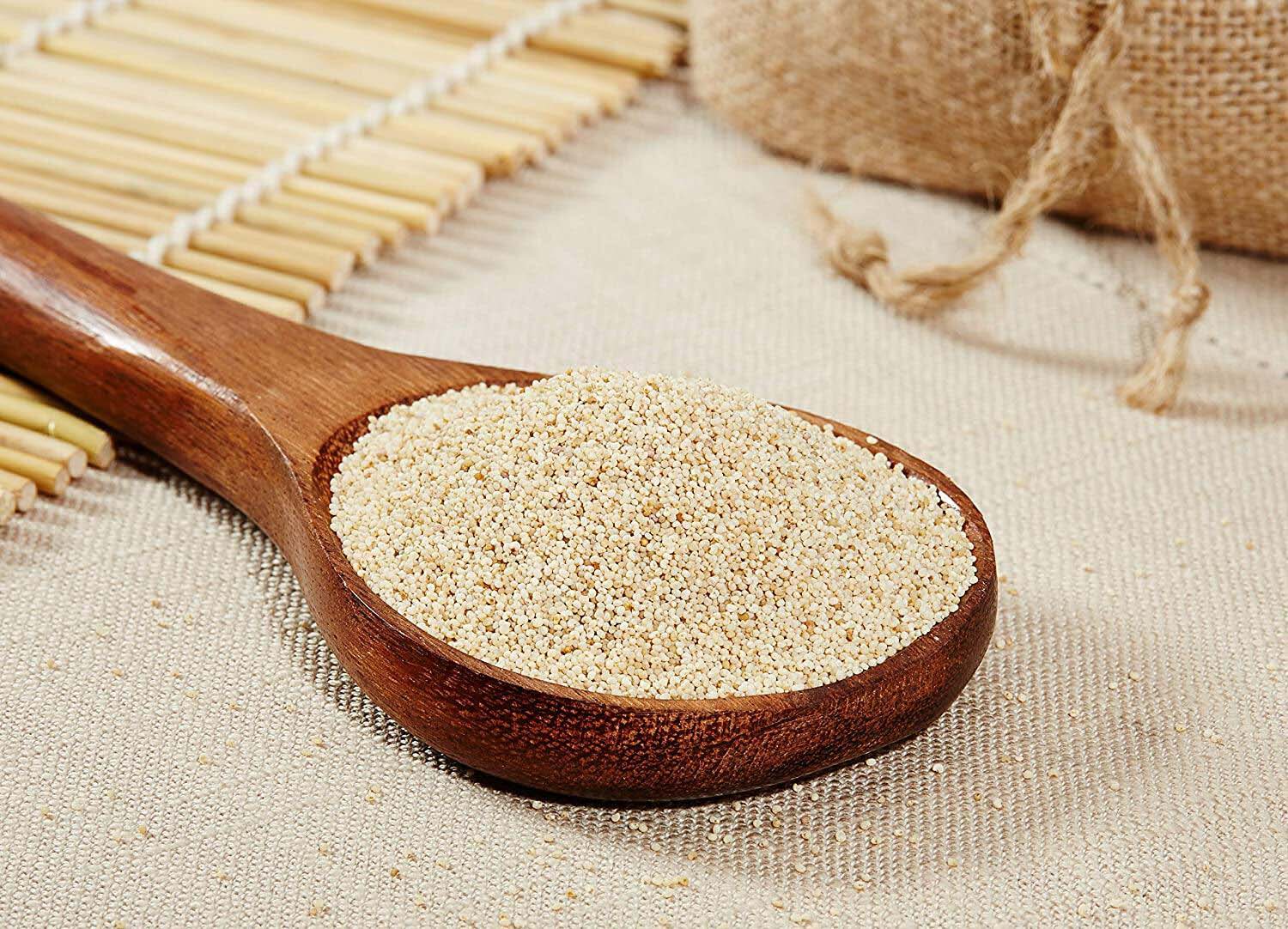
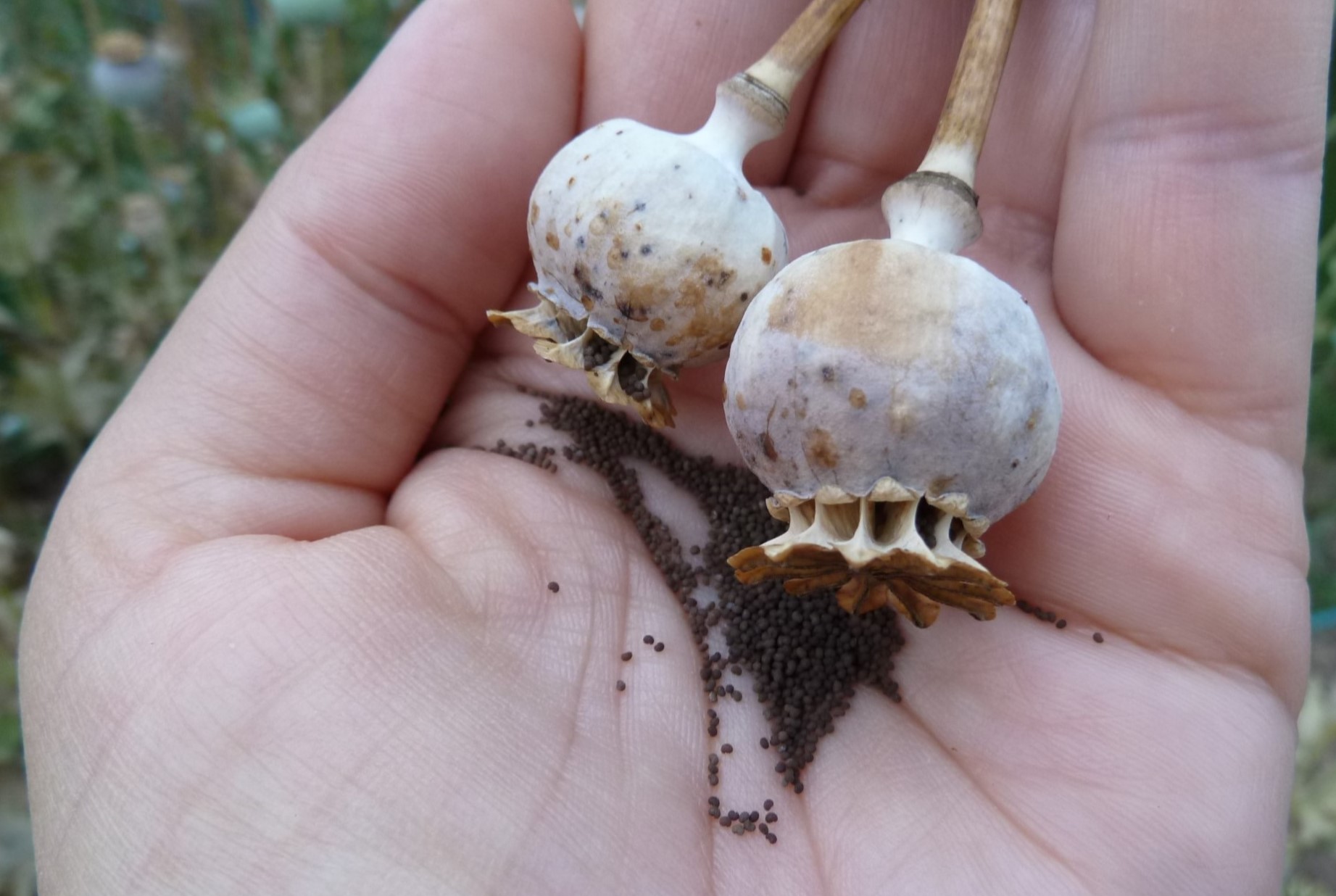
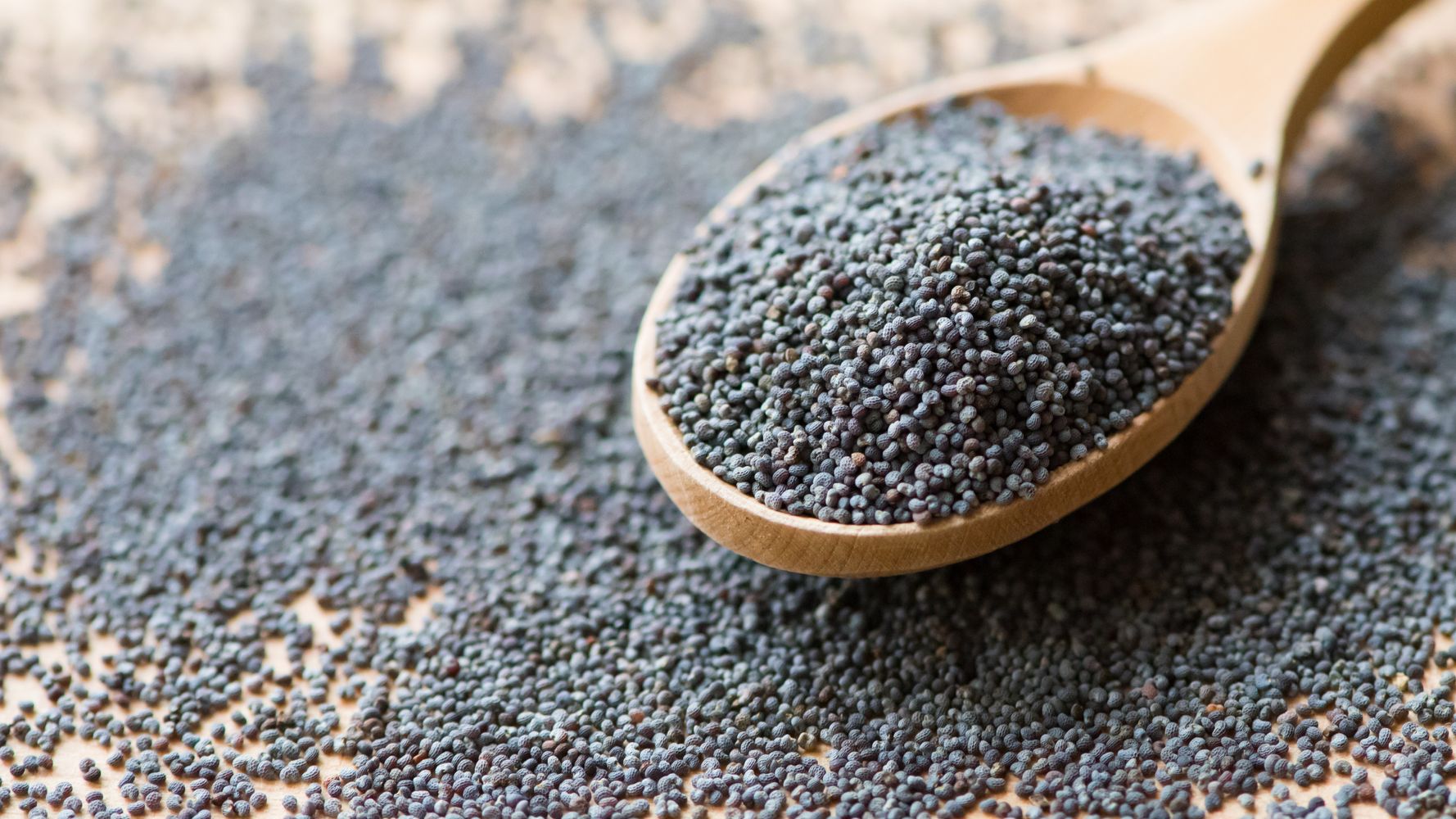

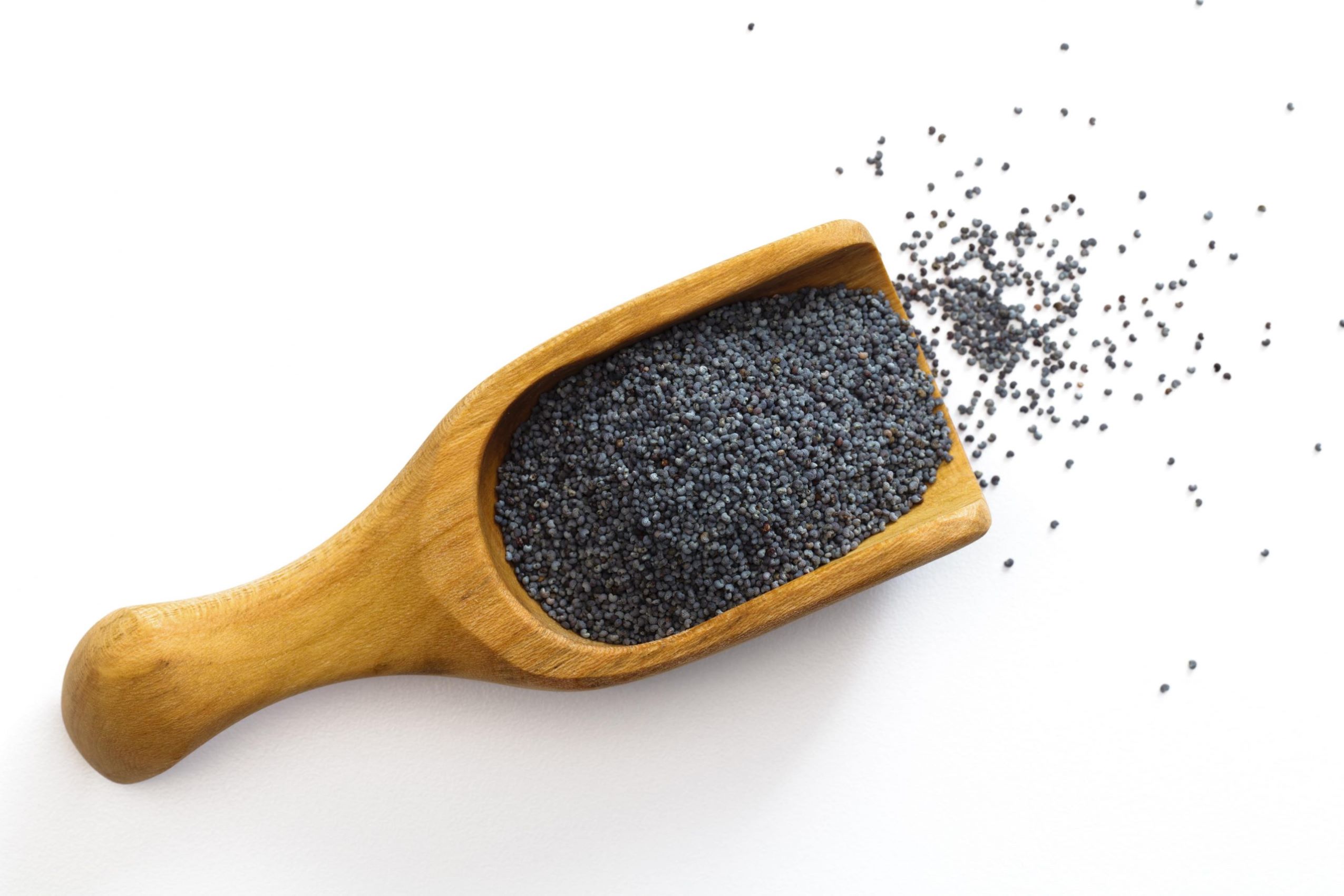
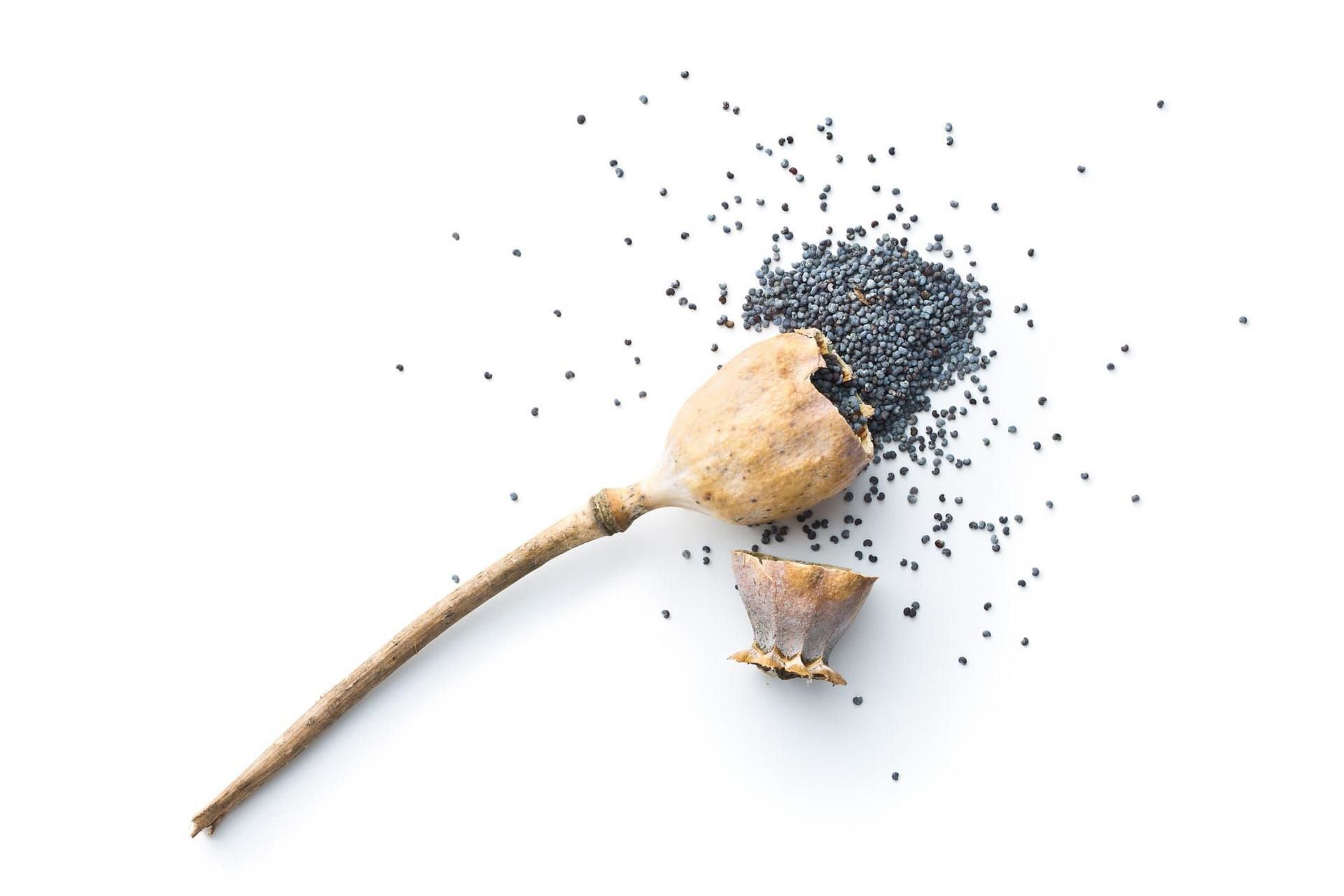
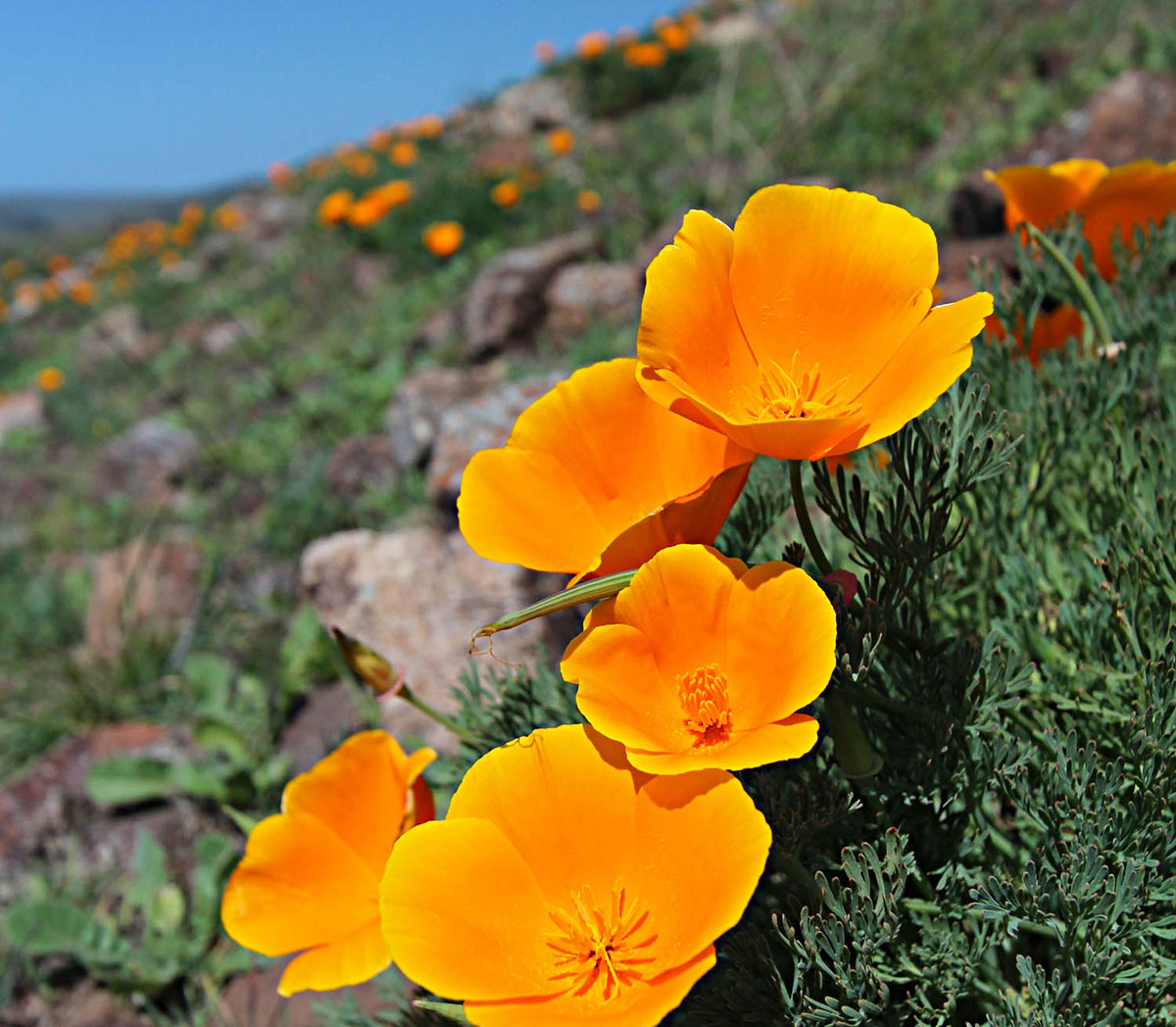
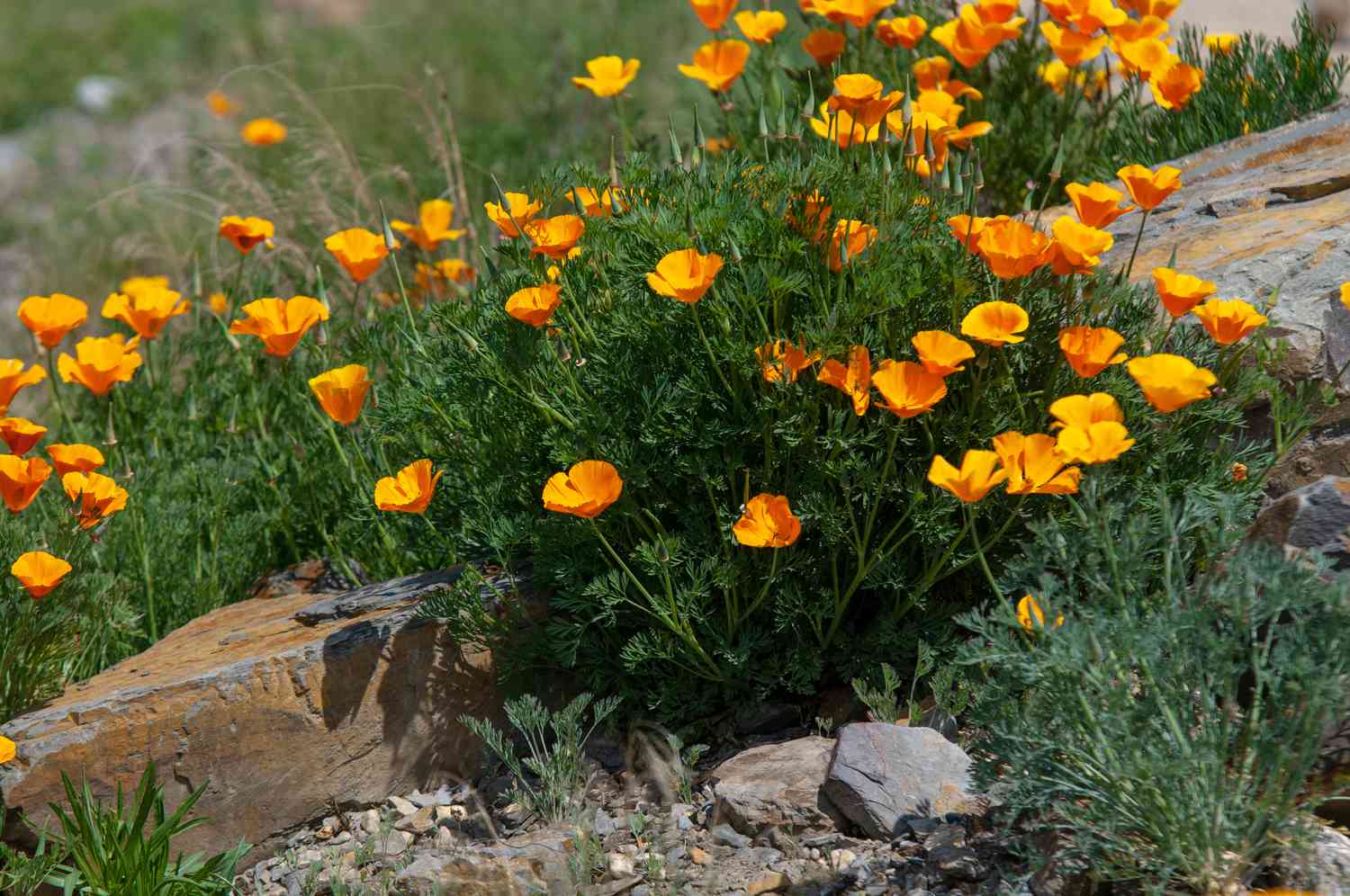
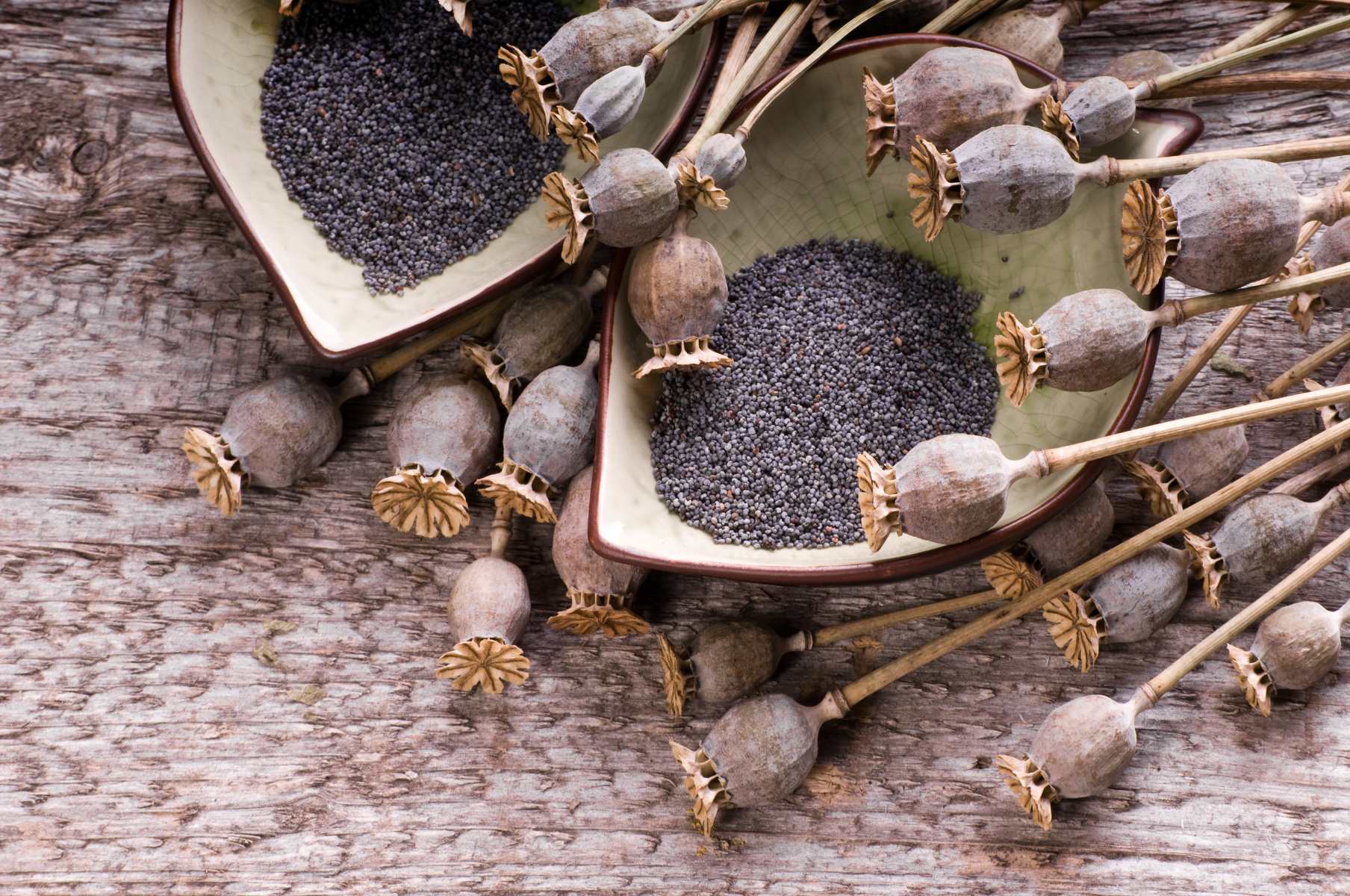

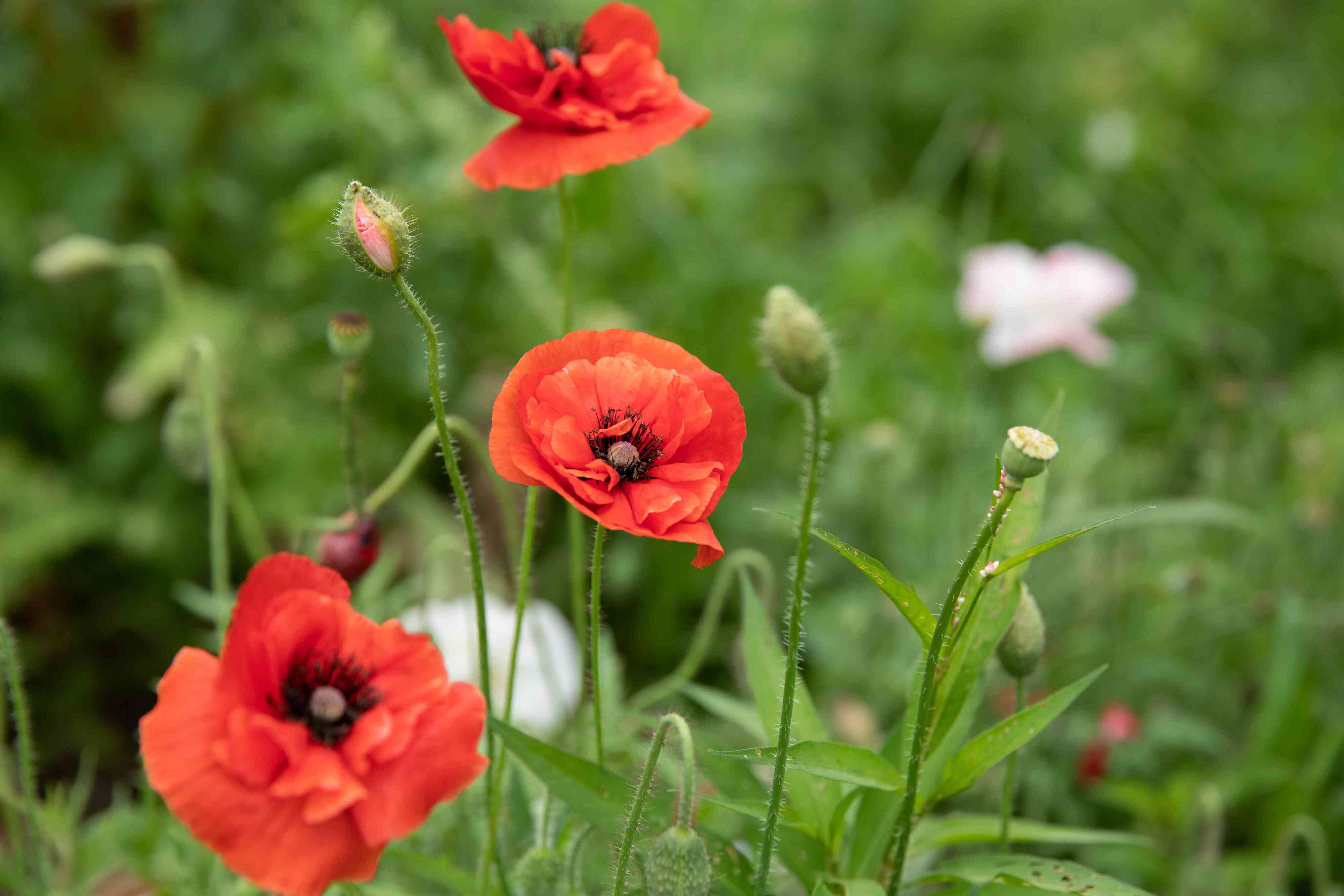
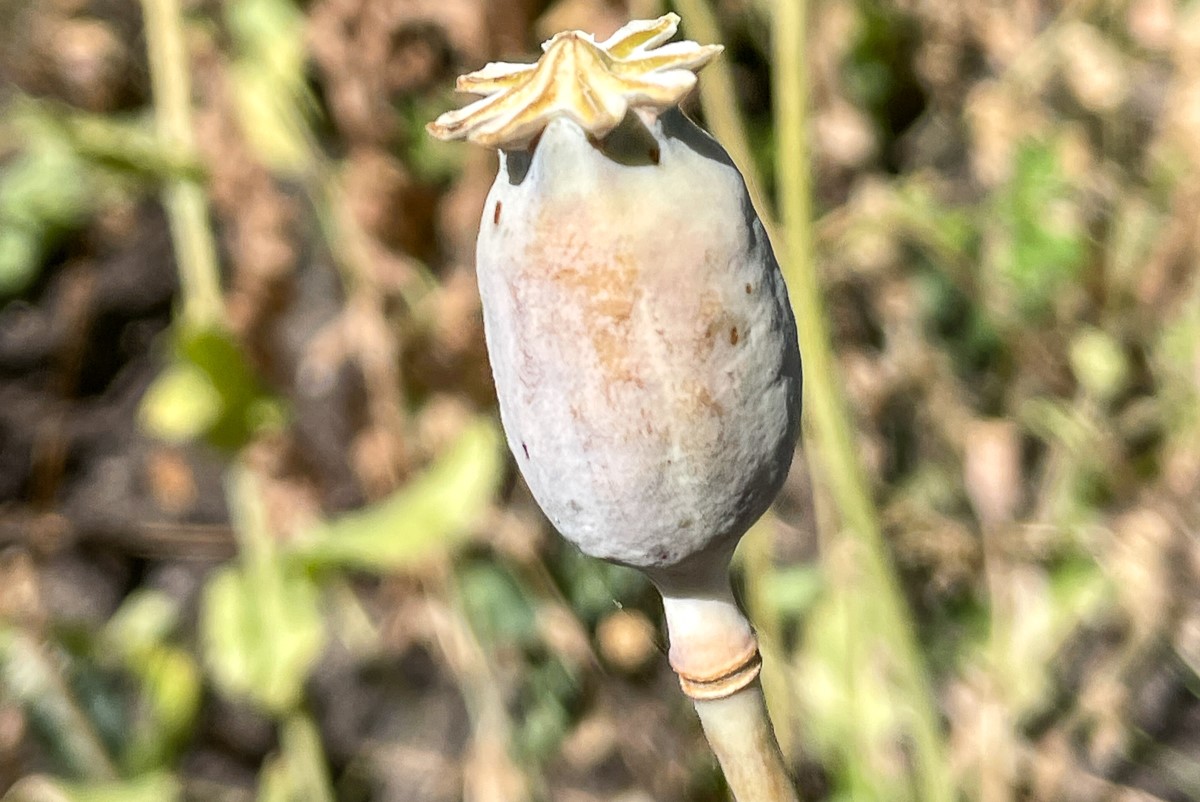
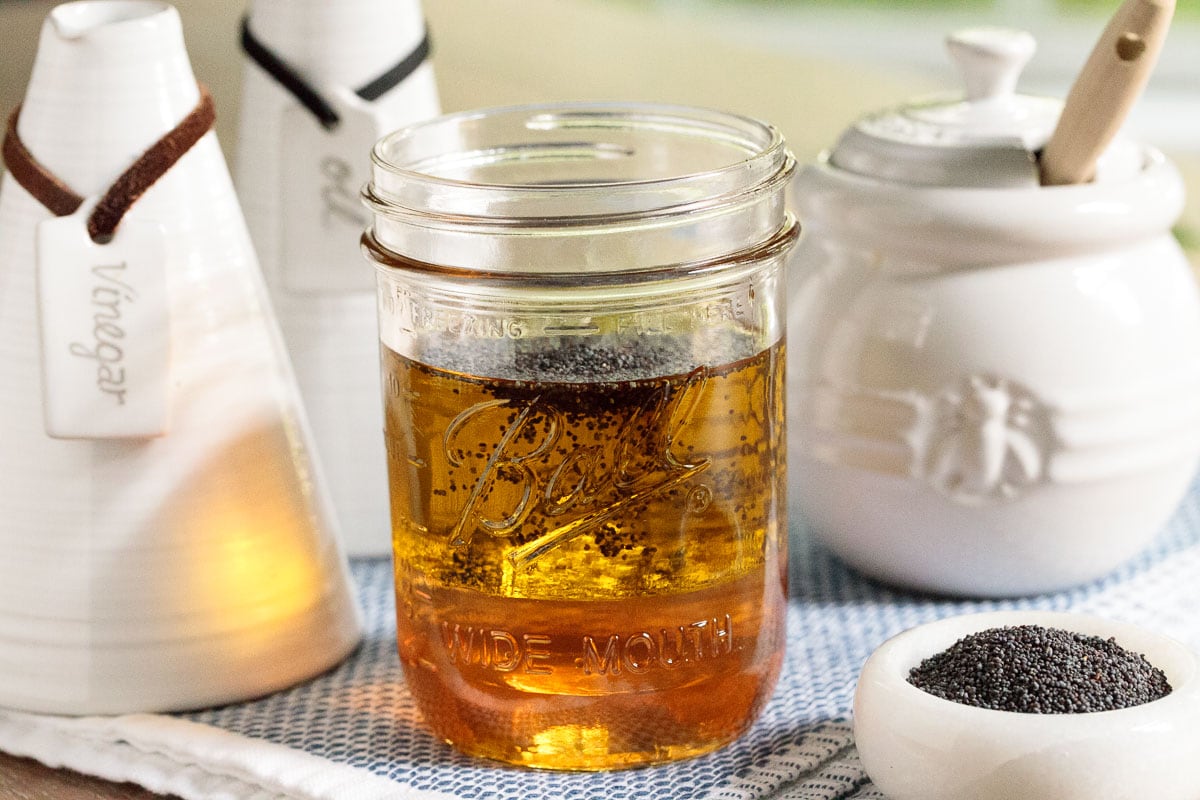

0 thoughts on “What Are Poppy Seed”